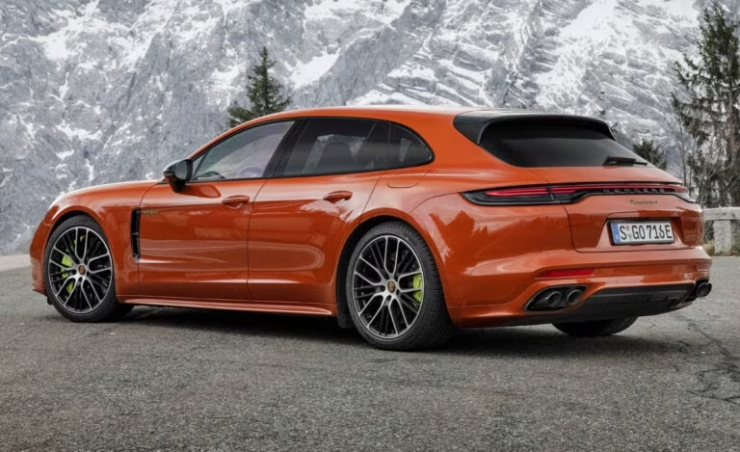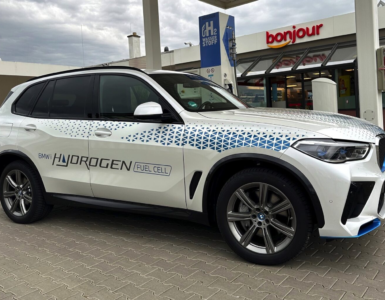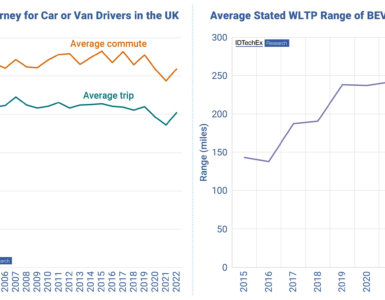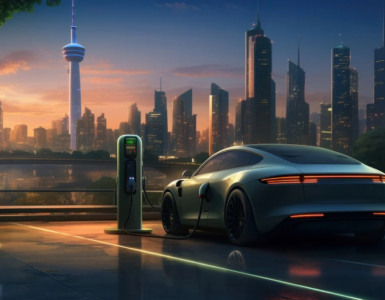Porsche hydrogen engine beats V8s – TopAuto.
Porsche has developed a prototype hydrogen powerplant that is able to fit in luxury sports cars and match the performance of a 4.4-litre, eight-cylinder, petrol engine – all while achieving far lower fuel consumption and keeping emissions at the same level as ambient air.
The project was incepted a mere six months ago and completed entirely digitally using sophisticated virtual engine simulations.
The starting point for the new-energy drivetrain was the petrol counterpart’s digital data set, providing the benchmark figures the hydrogen unit must match.
🔥 What about we co-host a webinar? Let's educate, captivate, and convert the hydrogen economy!
Hydrogen Central is the global go-to online magazine for the hydrogen economy, we can help you host impactful webinars that become a global reference on your topic and are an evergreen source of leads. Click here to request more details
Modifications to the engine included a higher compression ratio and combustion adapted to hydrogen, and most importantly, a new turbocharging system.
For clean combustion of hydrogen, the turbochargers have to provide around twice as much air mass as they do in equivalent gasoline engines, however, an issue that must be compensated for with the particular fuel type is lower gas temperatures that result in a lack of energy for their propulsion on the exhaust side.
Conventional turbochargers cannot resolve this issue, and Porsche Engineering has therefore examined four alternative turbocharging concepts.
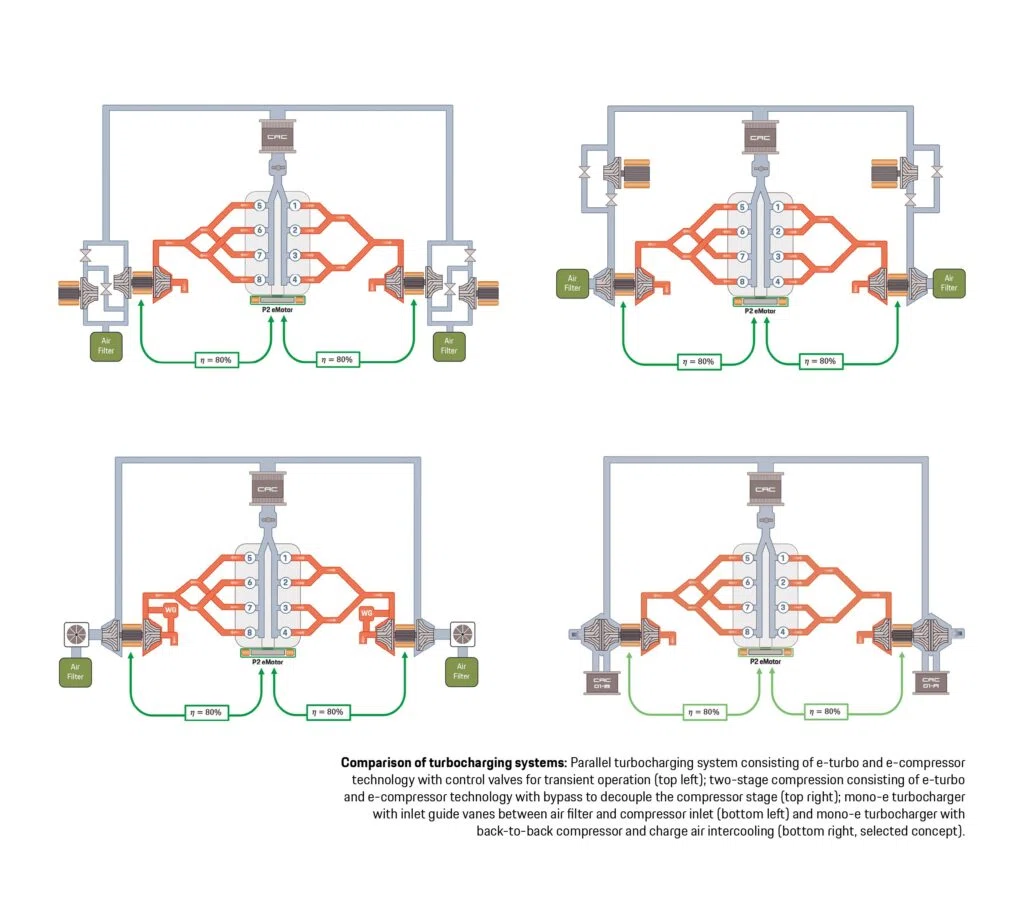
All the systems consisted of several electrically-assisted turbochargers, some combined with additional control valves in the air system or electrically-driven compressors.
Each configuration has distinct advantages and disadvantages, said Porsche, and the correct option is highly dependent on the use of the engine. For the petrol-rivaling setup, the chosen concept featured back-to-back compressors.
Porsche, said:
The special feature of this design is the coaxial arrangement of two compressor stages, which are driven by the turbine or the supporting electric motor using a common shaft.
“The process air flows through the first compressor, is cooled in the intercooler, and then recompressed in the second stage.”
The end result was a hydrogen-powered motor capable of a maximum output of 440kW and a top speed of 261km/h – on par with its petrol counterpart.

In addition to the substantial power levels, the new-energy drivetrain emits nitrogen oxide emissions.
Matthias Böger, specialist engineer engine simulation at Porsche Engineering, said:
Well below the limits set by the Euro 7 standard currently under discussion and are close to zero over the entire engine map.
The lean fuel further offers consumption advantages of up to 5% over equivalent gasoline, and offers “high efficiency in the WLTP (driving range) measurement cycle as well as in customer-relevant cycles.”
The cost of a hydrogen powertrain in series production could be comparable to that of a petrol engine, too, said Porsche.
“Although the turbocharger system and a number of mechanical components of the hydrogen engine are more complex and therefore more expensive, there is no need for the exhaust gas after treatment required for the gasoline engine under Euro 7,” said the automaker.
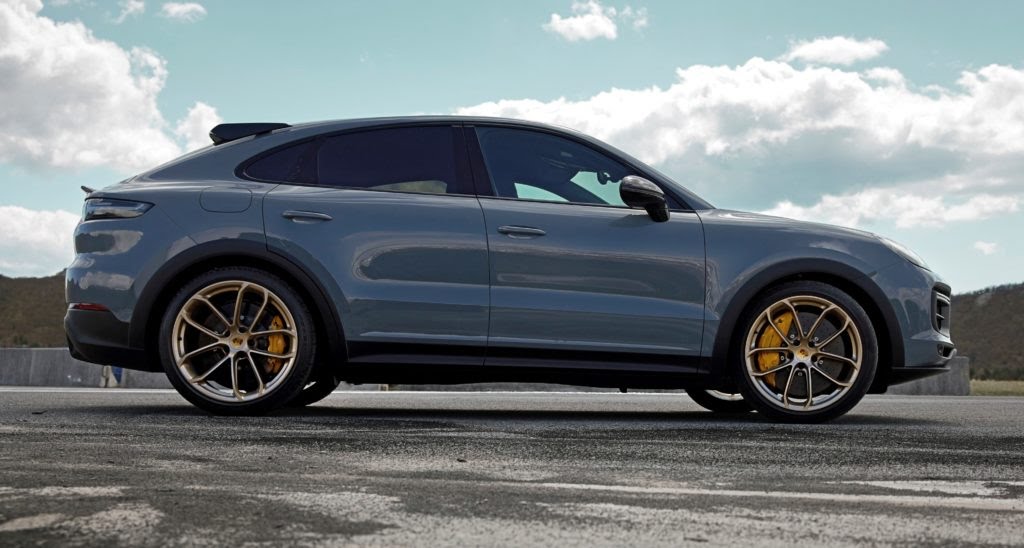
Nurburgring tested
To test out its new hydrogen creation, Porsche tested it in a luxury-segment vehicle with a kerb weight of 2,650kg – albeit entirely virtually.
“The drive was carried out using what is known as a digital twin, i.e. a computer-based representation of the real vehicle. With a lap time of eight minutes and 20 seconds (8:20:20 minutes), the vehicle demonstrated high potential with regard to driving dynamics,” said the manufacturer.
“Due to its chemical composition, neither hydrocarbons nor carbon monoxide are released during hydrogen combustion, and nor do particulates play a role either.”
While the hydrogen engine is “unlikely to enter production in its current form,” said Porsche, it presents exciting potential for the technologies as another alternative in the ever-expanding selection of car propulsion methods.
READ the latest news shaping the hydrogen market at Hydrogen Central
Porsche’s hydrogen engine beats V8s, December 31, 2022

